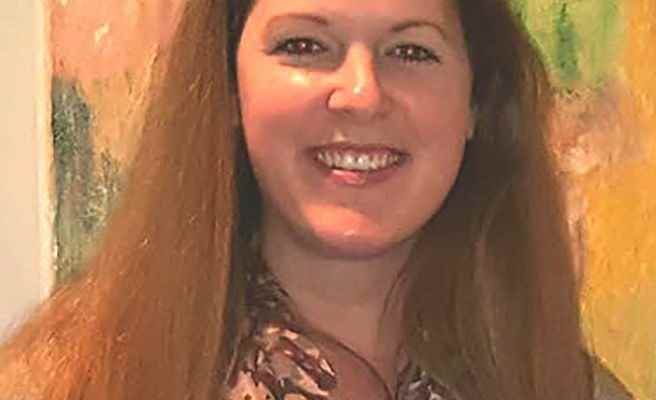Much has been discussed about the need for affordable housing in Chatham-Kent, but there’s a large segment of low-to-middle income earners in the community facing a huge housing challenge.

While the impact of the affordable housing crisis on Chatham-Kent’s impoverished has been a top priority for municipal officials, Wednesday’s summit at the Capitol Theater focused on a related problem – the growing number of low- and middle-income earners in the community facing their own housing challenges.
Dozens of stakeholders attended this Attainable Market Housing Summit in downtown Chatham to brainstorm ideas on finding solutions to this growing issue.
“There was a lot of discussion as to how to achieve attainable housing,” said Amber Pinsonneault, president of the Chatham-Kent Association of Realtors, which organized the session in partnership with the Municipality of Chatham-Kent.
She noted attainable housing is new terminology that refers to low- to middle-income earners who are now struggling to purchase or event rent a home “because our market is just still in such a crisis mode.”
The cost of an average home in Chatham-Kent has soared by 123 per cent in the past four years.
When she started in real estate in 2015, Pinsonneault said the average house price in the region was $160,000, compared to $450,000 in today’s market.
She added the income for most people hasn’t remotely kept pace with the skyrocketing cost of homes.
Rising interest rates are adding to the challenge for those trying to buy their first homes, as well as for newer homeowners who arranged a variable rate mortgage when interest rates were low.
Multi-Construction owner Jeff Bultje, one of local homebuilders who participated in the summit, suggested many hopeful home buyers could ask for some financial support from their parents.
“So many people have money in RRSPs, can’t you invest a little into your children?” he said.
Characterizing the $25,000 or $30,000 as more of loan, Bultje said the money could be repaid when that first home is sold.
Bultje also suggested banks could develop an approach that allows RRSP money to be released if it’s being loaned to a family member.
“Wouldn’t that be wonderful if you could tax deduct that if you loaned it to a family member?”
Pinsonneault said there was talk about modular homes, 3-D printed homes and container houses.
She also noted houses could be purposefully built for homebuyers who want to make income from renting out a basement apartment.
“So, that makes a first-time homebuyer able to purchase into something like that and still be able to do so by supplementing their mortgage with rental income,” she said.
Pinsonneault said changes are coming from the provincial government that will allow accessory apartments to be added to homes already built.
“That helps fill the gap, too, but realistically we still need more homes,” she added.
Noting creative solutions are needed, Pinsonneault said some developers “are open to creative solutions and they can still profits from some of these ideas.”
Bultje said his company would like to build smaller – but “beautiful” – homes in the 600- to 900-square-feet range.
He said it still might cost a little more money, but quality lasts longer than “cheap, crappy housing.”
Although some building costs, such as lumber, have begun trending down, a recent decision by Chatham-Kent council to implement new development charges to pay for future growth bothers Bultje. He’s also not happy with a few recent building codes changes.
“The city and the government are just adding, adding, always adding to the price of a house,” he said.
Pinsonneault would like to see more housing summit-style events happen in the community to build on the ideas that were discussed Wednesday.
“Now the COVID restrictions are lifting, we can get in the room and we get more work done when we’re around the table,” she said.
